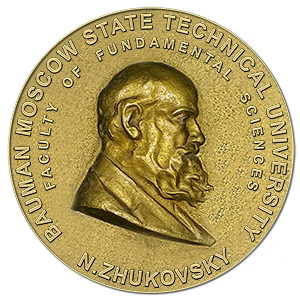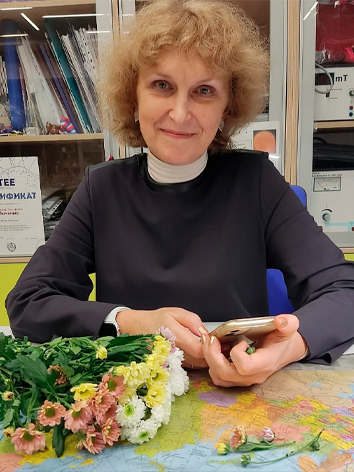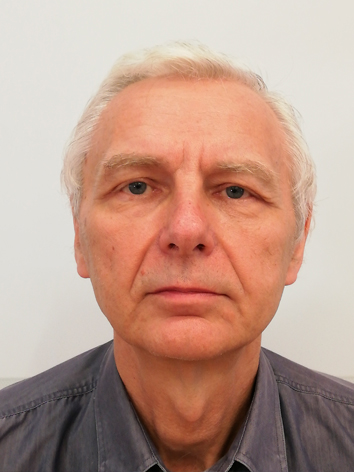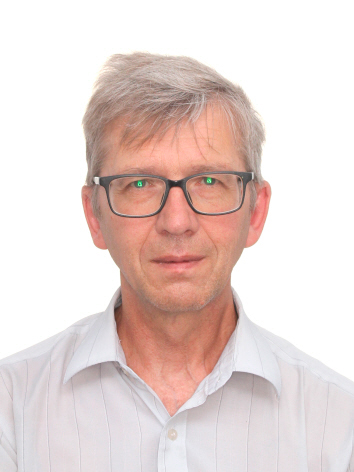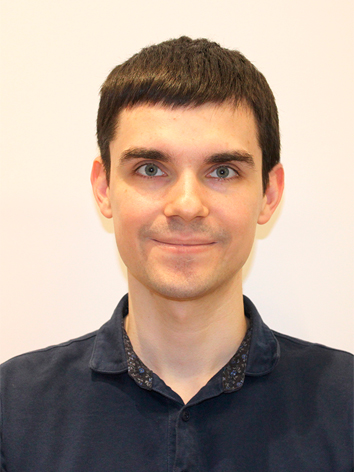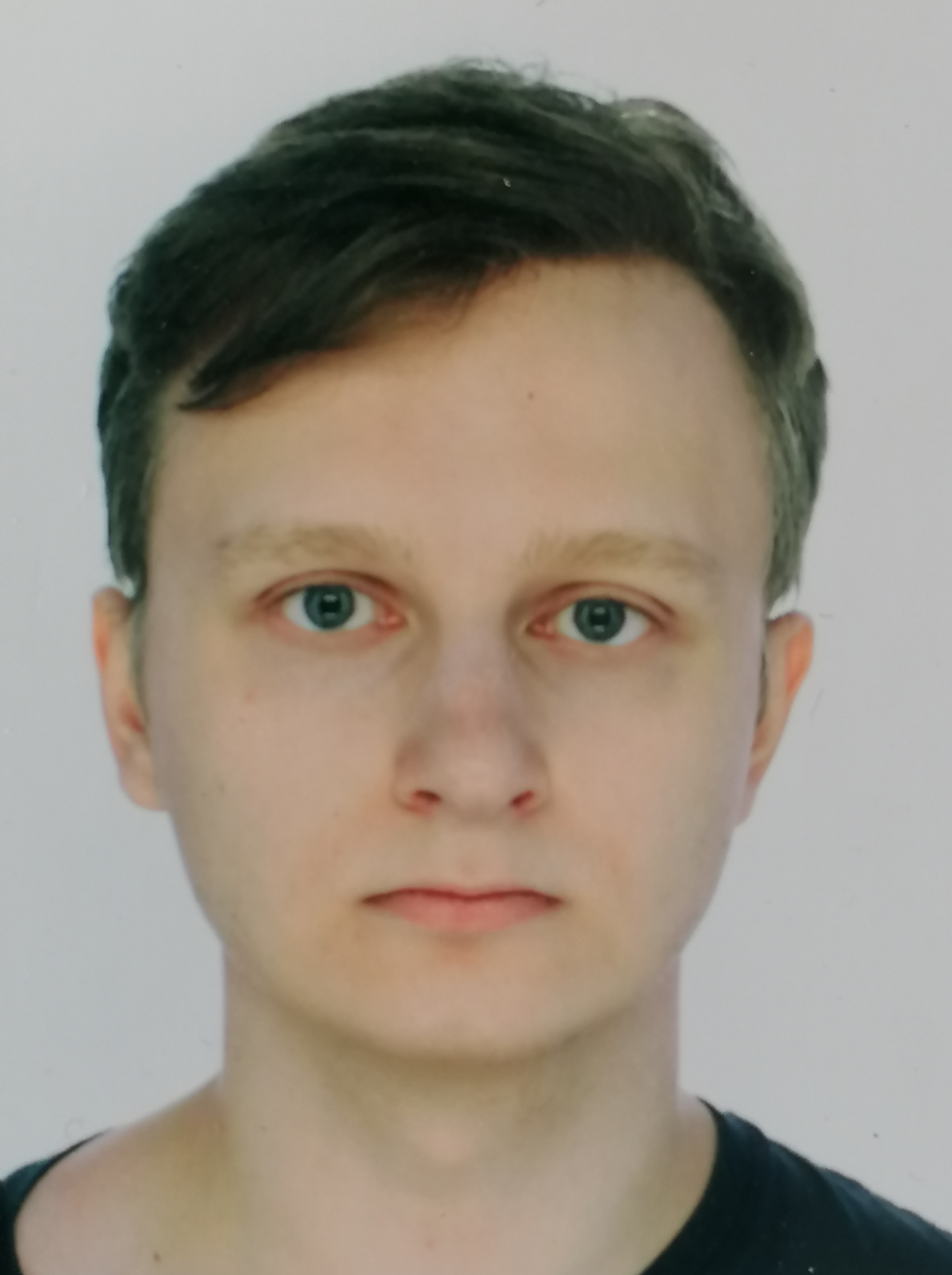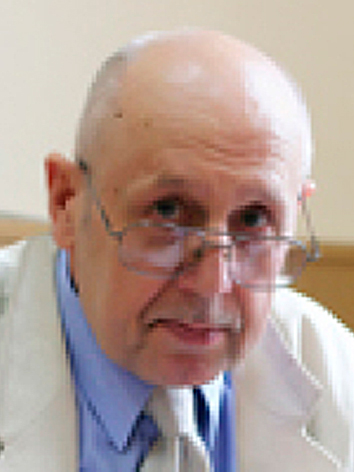In order to encourage research work in mathematics, Bauman Moscow State Technical University held its annual competition for the best papers in mathematics among those published in 2024 by the BMSTU staff.
After much deliberation, the winners and top rankings for the papers in mathematics were determined as follows:
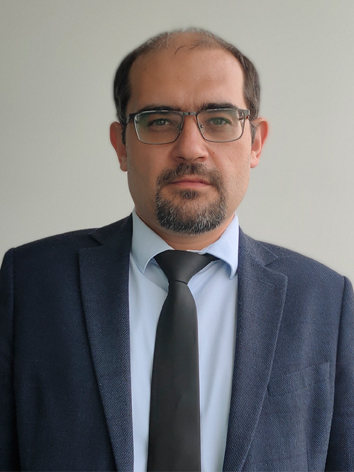 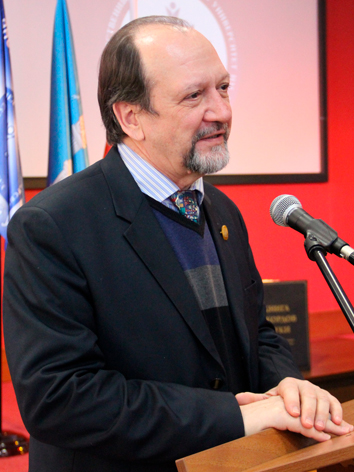 |
The 1st place for the best scientific publication in physics in 2024 is awarded to Fomin Igor Vladimirovich, Professor, FN-4 Department Chervon Sergey Viktorovich, Professor, FN-4 Department for the paper "Dynamical system analysis in modified Galileon cosmology", published in "Classical and Quantum Gravity" (Q1, Scopus). The paper investigates cosmological dynamics in models with non-minimal scalar-torsion coupling and non-linear self-interaction in a Galileon scalar field. Properties of the cosmological models proposed are investigated for different physical potentials of the scalar field by analysing the critical points of the autonomous system, said points corresponding to different phases of the evolution of the Universe, and stability conditions. The authors derive scaling solutions that describe those phases of the evolution of the Universe when the matter and dark energy or radiation and dark energy, respectively, dominate. Dark energy is introduced to the scaling solutions along with other components, such as radiation or baryonic matter, which makes it possible to explain transitions between different cosmological epochs. Critical points dominated by dark energy exhibit stable behavior and indicate that there exists a later accelerated expansion phase. The paper also shows that the cosmological models considered are in good agreement with the observational data for the Hubble parameter as a function of the redshift H(z) and the supernovae Ia dataset, which makes it possible to consider the models proposed to be relevant to describing both the early and the current phases of the evolution of the Universe. |
The remaining top rankings in the 2024 competition for the best scientific publication in physics include:
|
2nd place
Timchenko Svetlana Leonidovna, Professor, FN-4 Department Zadorozhny Nikolay Antonovich, Associate Professor, FN-4 Department Sharandin Evgeniy Anatolyevich, Associate Professor, FN-4 Department Skrabatun Alexandr Vladimirovich, Associate Professor, FN-4 Department for the paper "Optical Characteristics of a New Molecular Complex: "Nafion-Colloidal CdSe/CdS/ZnS Nanocrystals"" in "Polymers" (Q1, Scopus). Diffusion of colloidal CdSe/CdS/ZnS nanocrystals onto the surface of Nafion proton exchange membrane was employed to create a new molecular complex the authors named "Nafion-colloidal CdSe/CdS/ZnS nanocrystals". Colloidal nanocrystals embedded in a Nafion matrix function analogously to a luminescent transducer. This system is characterised by a distinctive luminescence spectrum and additional absorption lines. The kinetics behind nanocrystals embedding into the membrane matrix was investigated using luminescence analysis and absorption spectroscopy. Laser emission spectroscopy was independently used to confirm the presence of new luminescence centers in the membrane. An additional luminescence peak observed at 643 nm had not been recorded previously in the spectra of the original membrane, the solvent, or the nanocrystals. The luminescence spectrum intensity for the membrane with nanocrystals embedded exceeds the secondary radiation peak intensity for the original nanocrystals, which is important for practical applications of the "Nafion-colloidal nanocrystals" complex in optical systems.
|
|
|
3rd place Kuimov Evgeniy Vladimirovich, Assistant Lecturer, RL-6 Department Vetrova Natalia Alekseevna, Associate Professor, RL-6 Department Sinyakin Vladimir Yurievich, Head of Sector, RL-6 Department Meshkov Sergey Anatolievich, Professor, RL-6 Department Shashurin Vasiliy Dmitrievich, Head of the RL-6 Department for the paper "Resonant Tunneling Nanostructures: Eliminating Current Saturation on Negative Differential Conductivity Region in Compact Dissipative Simulations" in "Nanomaterials" (Q1, Scopus). |
Congratulations to the winners!


